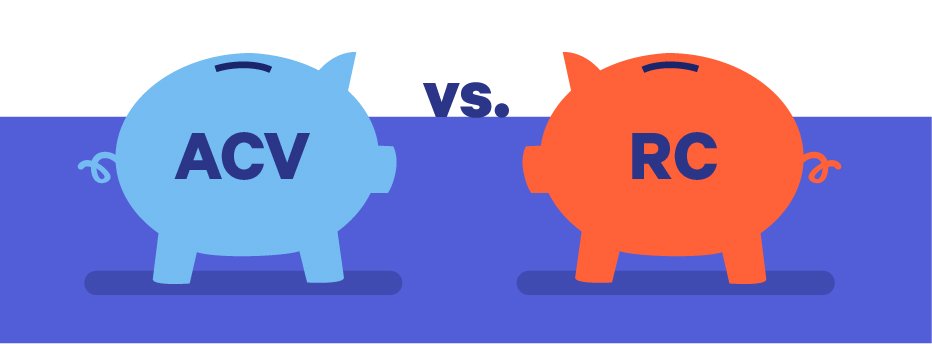I asked the same thing when I moved to Florida as I came from a state that did not have PIP coverage, so even though I was in the industry, I didn't know how this coverage applied.
When shopping for insurance, homeowners can usually choose between Actual Cash Value (ACV) and Replacement Cost (RC) on your contents coverage, which covers your personal property in the home (furniture, kitchen items, clothing).
I think a lot of people wonder why use a broker, why not go straight to the company for a policy, isn't it more expensive to use a broker? The answer is no, the rates are the exact same whether you go through a broker or through a carrier direct. The benefits of going through a broker is you have someone on your side, that doesn't work for the company but rather represents you, the customer. You have an experienced agent who knows how to navigate the policy verbiage, knows the loopholes, someone who will be on your side come claim time, and who you know is looking out for you and your best interest not necessarily the carriers.
Have you heard of co-insurance? You should as its built into most policies you purchase and can have a huge impact on your claim payout. This is one of those hidden clauses to your insurance contract that's explained in the policy booklet possibly buried on page 9062 and one you may not understand even after reading. So what is co-insurance? Co-Insurance is basically what you should have carried divided by what you did carry to determine if your coverage is sufficient to pay out at the policy limit. If you carried less then your co-insurance percentage limit then for every percentage you are below that limit the carrier can knock that same percentage off your claim check - make sense? Probably not.. Basically if you under insure your home your insurance company imposes a “coinsurance penalty” once a claim is filed.
|
Your AIA ResourceAcademy insurance agency is here to help you navigate the often complex world of insurance protection. Learn more about policies, common misconceptions, and more here in our blog. Archives
October 2020
Categories |
Services |
Company |
© COPYRIGHT 2022 Academy Insurance Agency All Rights Reserved.


 RSS Feed
RSS Feed